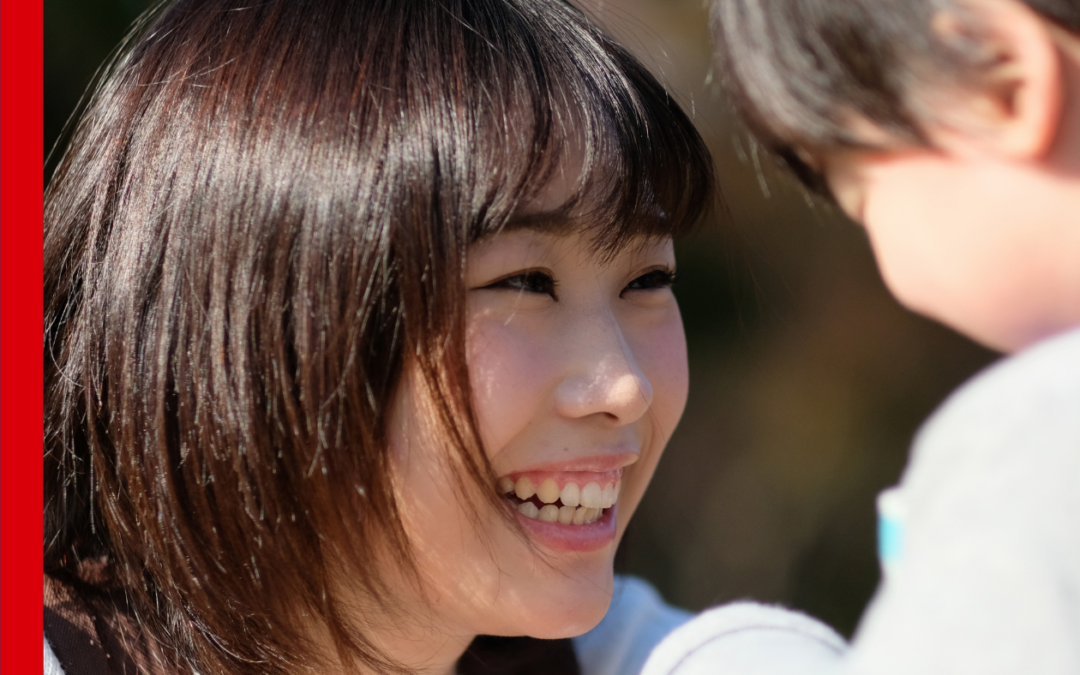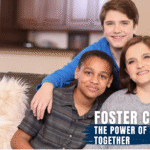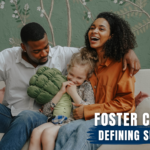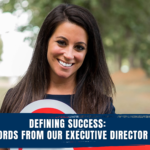“As one person, can I really make a difference?” We’ve all entertained this thought at one time or another. Complex situations, like the ones that often play out in the child welfare system, can feel daunting and endless. It’s only natural to wonder what kind of good we can do when so much appears to be wrong.
However, one person CAN make a difference. Research published by the National Scientific Council on the Developing Child indicates that children who have at least one supportive adult in their life are more likely to develop resilience. That’s the requirement to see a child through a challenging childhood. One supportive adult. Could it be you?
To be that source of encouragement, whether it’s for a CASA child or any other child in our life, we need to use positive language. It is vital for our words to affirm a child’s value, uplift them amid their current challenges, and offer hope for their future. Positive words are both healing and motivating.
It sounds simple, but it’s not always. Sometimes we fall into a pattern of negative language. We may use expressions that are divisive or apply nicknames that unintentionally ridicule. When we find ourselves using words that possibly spur anxiety or bring shame, we must intentionally adjust our vocabulary.
In articles and blogs like this one, you can find an endless list of positive phrases to employ. And as the team at Osmo explains, using these positive words will impact more than just the one child you are focusing on. The more you use these words to uplift, the more the child will grow in feeling valued and connected. Better yet, they will also grow their own vocabulary of positive words. They will begin to use positive words in their self talk and when interacting with others. There is a ripple effect. Positive words are contagious!
If you are interested in being the ‘one supportive adult’ that can be a support to a child who has experienced abuse or neglect, consider volunteering with CASA. Links to register for upcoming information sessions are on our website.








